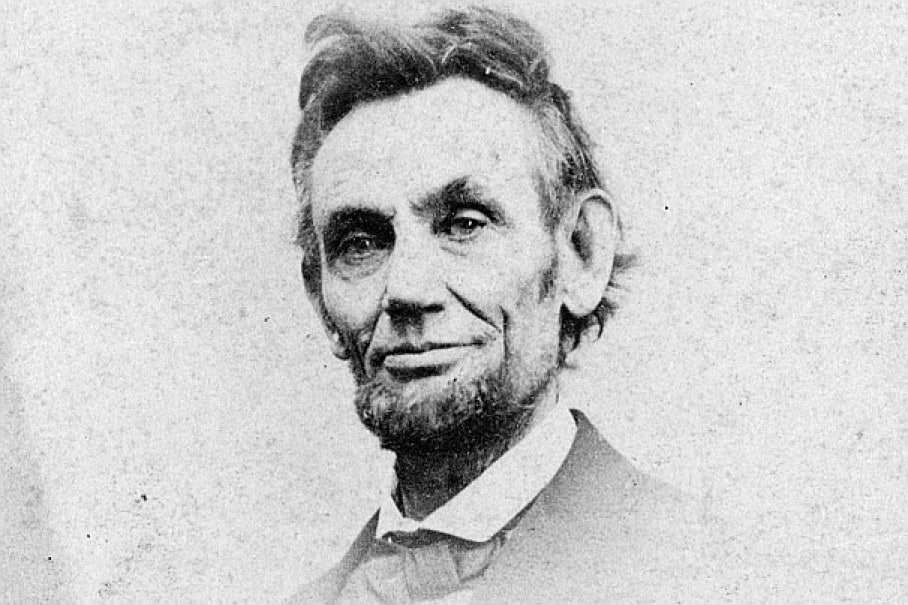The Volokh Conspiracy
Mostly law professors | Sometimes contrarian | Often libertarian | Always independent
'We all declare for liberty; but in using the same word we do not all mean the same thing'

A comment on the freedom and hypocrisy post reminded me of one of my favorite quotes, from Abraham Lincoln, in his Address at a Sanitary Fair, Baltimore, Apr. 18, 1864 (one paragraph break added):
The world has never had a good definition of liberty, and the American people, just now, are much in need of one. We all declare for liberty; but in using the same word we do not all mean the same thing.
With some the word liberty may mean for each man to do as he pleases with himself, and the product of his labor; while with others the same word may mean for some men to do as they please with other men, and the product of other men's labor. Here are two, not only different, but incompatible things, called by the same name - liberty. And it follows that each of the things is, by the respective parties, called by two different and incompatible names - liberty and tyranny.
The shepherd drives the wolf from the sheep's throat, for which the sheep thanks the shepherd as a liberator, while the wolf denounces him for the same act as the destroyer of liberty, especially as the sheep was a black one. Plainly the sheep and the wolf are not agreed upon a definition of the word liberty; and precisely the same difference prevails today among us human creatures, even in the North, and all professing to love liberty. Hence we behold the processes by which thousands are daily passing from under the yoke of bondage, hailed by some as the advance of liberty, and bewailed by others as the destruction of all liberty.
I've long found this to be a thought-provoking piece, and a useful reminder that "liberty" in the abstract is not self-defining. Most rhetoric that simply refers to "liberty" - whether in the context of slavery, where Lincoln said this, abortion rights, national sovereignty and so on - rests on assertion about the proper definition of people's or institutions' rights; and it's that definition that should often be at the heart of the debate.
Of course, this analysis doesn't itself tell us what the proper result is in any debate (such as the debate about abortion). But it should remind us that many questions can't be resolved by just talking about "liberty" in the abstract, or "not imposing one's beliefs on others" in the abstract. If liberty means freedom to do things that don't violate the rights of others, the important questions are (1) what constitutes those "rights," (2) what counts as violation, and (3) in some contexts (e.g., abortion, animal rights, slavery), who counts as "others."


Show Comments (0)